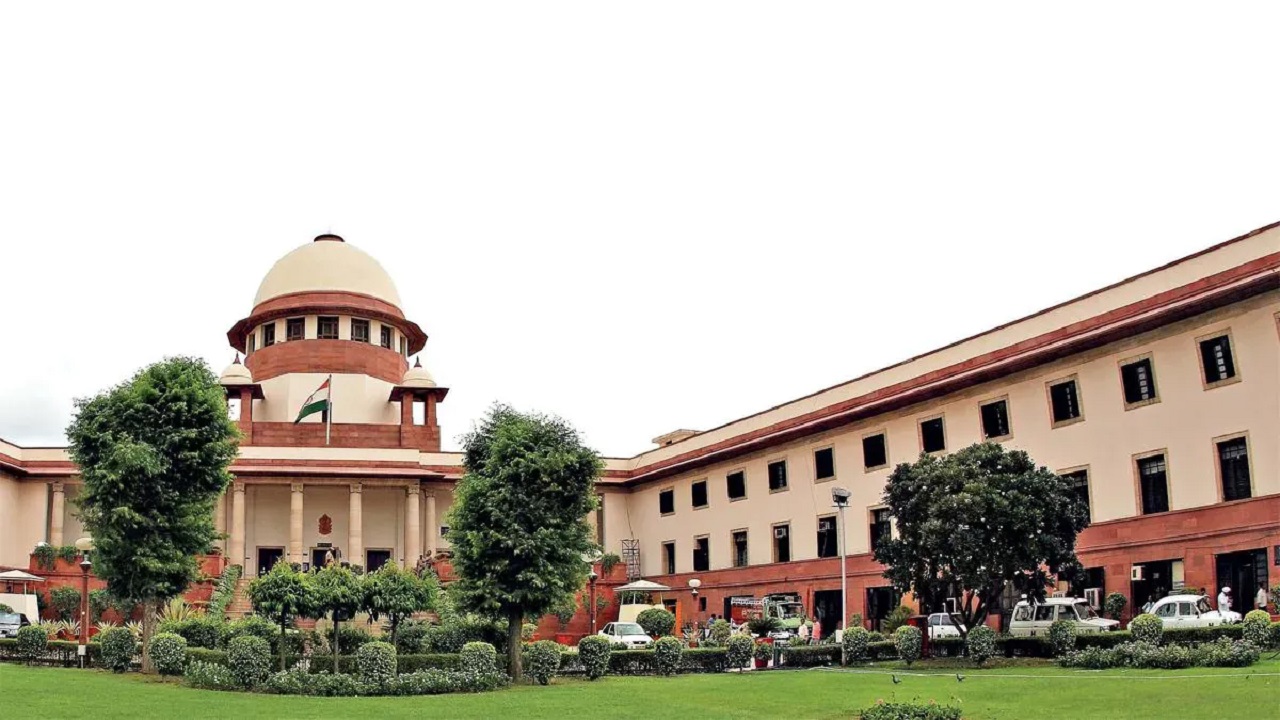Right to Repair : Empowering Consumers and Preserving Knowledge
Context
India is gradually moving towards making the Right to Repair a part of consumer rights. Beyond being a matter of affordability and convenience, repair is also a cultural and intellectual resource, representing knowledge systems that deserve preservation and policy support.
Introduction
The Right to Repair empowers consumers by giving them control over the reparability of products they own. It enables users to repair devices without restrictions imposed by manufacturers, ensuring access to spare parts, manuals, and repair tools. In India, repair has long been sustained by informal technicians and craftspeople, whose skills rely not just on manuals but also on intuition, observation, and improvisation. Recognizing this right is central to sustainability, livelihood security, and knowledge preservation.
What is the Right to Repair?
-
It ensures consumers can repair products they own without manufacturer-imposed limitations.
-
Both consumers and businesses are allowed to access repair facilities and spare parts.
-
Repairers often depend on sensory observation and creativity rather than written instructions.
Why is it Necessary?
-
Declining repairability due to sealed devices and specialized tools.
-
Disposable consumer habits encourage replacement instead of repair.
-
Exclusion from formal skilling keeps informal repairers outside certification systems.
-
Policy neglect prioritises manufacturers over repair workers.
-
Loss of unspoken knowledge, such as intuition and improvisation built through years of practice.
Unspoken Knowledge in Repair Work
-
Represents skills that cannot be codified, such as muscle memory and hands-on improvisation.
-
Transmitted through mentorship and observation rather than formal training.
-
Adaptive and context-sensitive, with qualities that even structured AI systems struggle to replicate.
Recent Developments
-
European Union has mandated access to spare parts and repair manuals.
-
In India:
-
2022 – Launch of the Right to Repair framework.
-
2023 – Launch of the national Right to Repair portal for electronics, automobiles, and farm equipment.
-
Proposal for a Repairability Index for mobile phones and appliances.
-
-
UN Sustainable Development Goal 12 promotes repair as part of responsible consumption.
Existing Initiatives in India
-
E-Waste (Management) Rules, 2022 – Introduced Extended Producer Responsibility, but with limited focus on repair. India generated 1.6 million tonnes of e-waste in 2021-22, becoming the third-largest global producer.
-
PMKVY skilling programmes – Focused on industrial certification, overlooking improvisational repair skills.
-
National Education Policy 2020 – Highlights experiential learning but does not address repair expertise.
-
Mission LiFE – Promotes repair and reuse but does not provide adequate institutional support for repair workers.
Advantages of Repair Justice
-
Recognition of workforce skills and inclusion in formal systems.
-
Use of feedback loops, such as discarded devices serving as learning material.
-
Data security by repairing devices locally.
-
Promotion of circular economy through reuse, repair, and “unmaking”.
-
More inclusive policymaking that considers repair and reuse along with production and consumption.
Way Forward
-
Design for unmaking by making disassembly and repair a part of product design.
-
Institutional coordination through integration of repairability into procurement and policy.
-
Formal recognition of informal sector via platforms like e-Shram.
-
Skill development that values diagnostic and intuitive expertise.
-
Use of AI and large language models to document and preserve unspoken repair knowledge.
Conclusion
The Right to Repair goes beyond consumer convenience. It is about valuing tacit skills, sustaining livelihoods, ensuring sustainability, and protecting cultural knowledge. By integrating informal repair practices into formal policy frameworks and promoting repair-friendly design, India can create a repair-ready, inclusive, and sustainable technological future.




Comments (0)